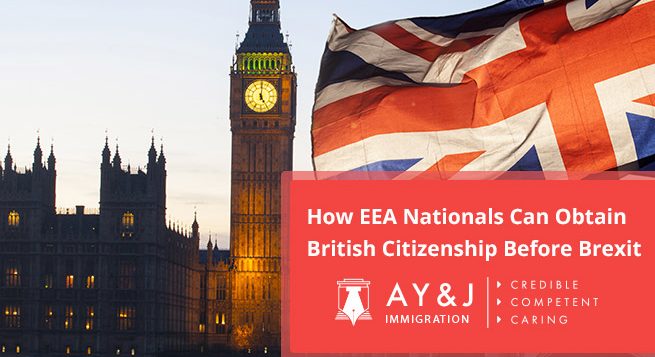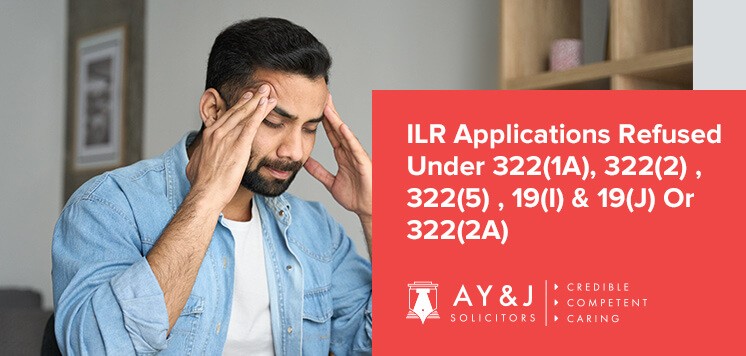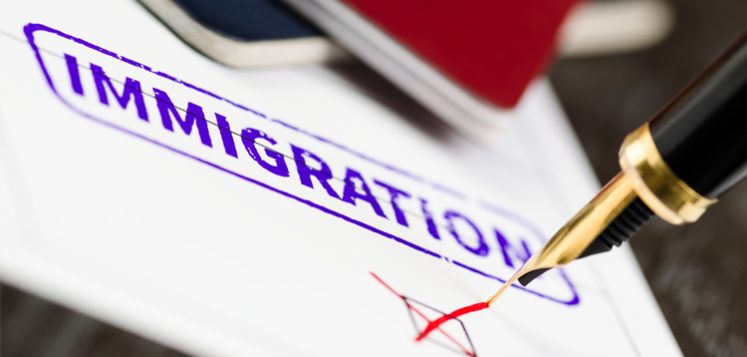In late November 2017, Prince Harry announced he was to marry his American girlfriend, Meghan Markle. Kensington Place also stated that Miss Markle would be working towards getting her British Citizenship.
The dream of British citizenship feels much closer once you have achieved an Indefinite Leave to Remain (ILR) status. Applying for British Citizenship is the final step in becoming fully settled in the UK and obtaining a British Passport. Like everyone else who has come to the UK from outside the EEA, Miss Markle will need to meet all the eligibility requirements to become a full citizen of the UK.
To acquire British Citizenship, you will need to show the following:
- you are over 18 years old
- you plan to live in the UK for good
- you meet the English language requirements and pass the Life in the UK Test
- you meet the residency requirements which include having lived in the UK for at least five years and having spent no more than 450 days outside the UK in that time and no more than 90 days in the last 12 months
- you are of ‘good character’
The seemingly vague requirement of ‘good character’ for citizenship can have applicants feeling confused and worried about their application. This article will explain what ‘good character’ means. If you believe you may fail this requirement, it is imperative that you seek expert advice as soon as possible so an explanation letter can be appended to your application, to improve your chance of success.
What is ‘good character’ in relation to British Citizenship?
There is little doubt that Meghan Markle’s ability to acquire British Citizenship would have been thoroughly evaluated prior to her becoming engaged to the fifth in line to the British throne (at the time of writing, the Duke and Duchess of Cambridge’s third child was yet to be born). But for yourself and your family, you may be wondering “what is a good character”?
According to Annex D of the Nationality Instructions, there is no clear definition of good character. Perhaps the better question is ‘What is not good character’? This question is more easily answered. According to the guidance, any of the following indicates a lack of good character:
- conviction of a crime or is suspected of participating in the crime
- involvement in war crimes
- financial issues, such as not paying taxes and bankruptcy
- notorious activities
- dishonest or deceptive conduct towards the UK government
- prior history of being denied citizenship
- helping with evasion of immigration control
- any other indications that would cast doubts on an applicant’s character
Evidence of these may be used to deny citizenship.
Let’s look at some of these in more detail.
Do you have a way to calculate the nationality application UK cost?
Yes! Use our calculator below to calculate your nationality application visa cost.
Please answer the questions and you will be able to calculate the approx cost for the nationality application –
Criminal convictions
A criminal conviction will not lead to automatic refusal. However, the Home Office guidance to decision makers states that ‘a person who has not respected and/or is not prepared to abide by the law is unlikely to be considered of good character.’
Since 2012, all criminal convictions are taken into account by immigration officials; there is no such thing as a “spent” conviction which will not be taken into account.
If the criminal conviction took place in a foreign country, it would be considered in line with the equivalent UK offence and the relevant sentencing threshold.
If you were imprisoned for four or more years following a criminal conviction, an application for British Citizenship is likely to be refused, regardless of when the crime took place. For convictions resulting in a custodial sentence of 18 months to four years, 15 years normally must have passed before the application for British Citizenship will have a chance of success. Imprisonment of up to 12 months will generally require seven years to have passed since the conviction for a successful application to be made. Non-custodial convictions will normally require the applicant to wait until three years have passed.
Financial issues
An applicant for British Citizenship who has been declared bankrupt or has been a director of a company that has gone into liquidation will not normally have this counted against them if:
- the bankruptcy order has been annulled
- the person was discharged as a bankrupt more than ten years ago
- the bankruptcy was declared abroad
- the person was a director of a company that was liquidated more than ten years ago
If none of these applies, British Citizenship may still be granted; however, immigration officials will look into the background of the bankruptcy or liquidation to see of any recklessness and/or dishonesty applied. If these factors are found, the requirement of ‘good character’ may not be met.
The presence of debt will not normally be taken into account unless it is evident that the applicant willfully acquired large debts and has no real intention of paying them off.
Case Study
Mr Jay recently applied for citizenship. As a resident of the UK for the past six years, he was looking forward to finally holding a British passport. He was shocked when his application for Naturalisation was refused. UKVI stated that he had not proven good character due to a prior conviction.
Unfortunately, Mr Jay had received a clearance refusal a few years earlier when he was backpacking through Europe during a gap year. A youthful mistake that he had forgotten was now standing in the way of his citizenship and life in the UK.
Mr Jay contacted Solicitor, desperate for help. A strong representation was made on his behalf, highlighting his many successful entries to the UK and his qualifications in every aspect of the application. As a result of his application for reconsideration under Form NR, it was subsequently determined by the Home Office that Mr Jay was be entitled to naturalisation.
Today he is happily settled in the UK, and very proud of his new British citizenship.
We’re Here to Help
A Y & J Solicitors are specialist immigration lawyers with expertise in British Citizenship applications. We have an in-depth understanding of immigration law and are professional and results-focused. For assistance with any UK immigration law concerns, contact us on +44 20 7404 7933 or at [email protected] today. We’re here to help!
Disclaimer: No material/information provided on this website should be construed as legal advice. Readers should seek an appropriate professional advice for their immigration matters.









